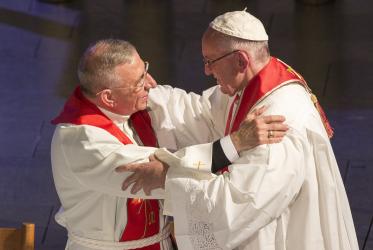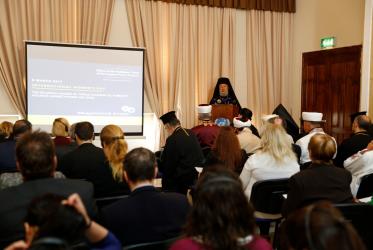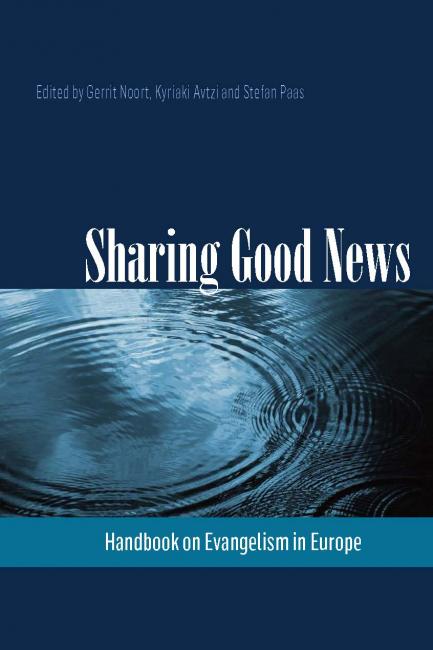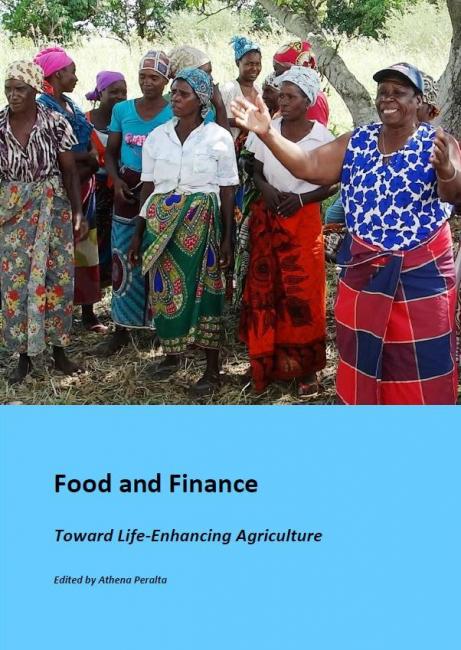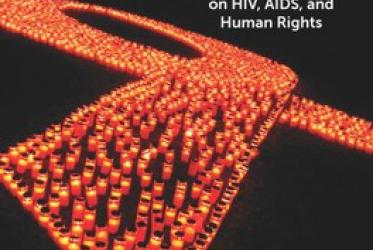Displaying 541 - 560 of 756
Church leaders unite their voices against modern slavery
09 February 2017
Growth in Agreement IV:
International Dialogue Texts and Agreed Statements, 2004–2014, Volumes 1 and 2
01 February 2017
Churches in Norway and Pakistan break new ecumenical ground
26 January 2017
The work of the Spirit and discipleship in Christian mission
12 January 2017
Eliminating gender-based violence focus of 16-day campaign
01 December 2016
Jewish-Christian relations highlighted in latest Current Dialogue
29 November 2016
WCC general secretary offers greetings to Hindu partners
28 October 2016
WCC climate change group plans advocacy strategy
10 October 2016
Gender justice: over 70 years of struggle
06 October 2016
WCC book featured in UN discussion on gender, religions and health
16 September 2016

